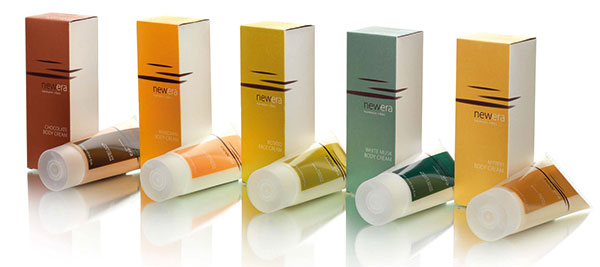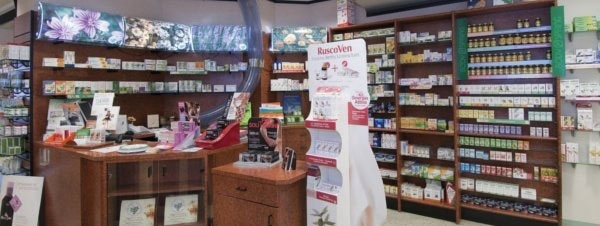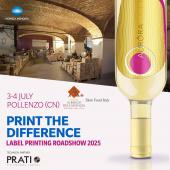Faith has become a serious business
In the cosmetics field too investments need to be made in the continuity of consumer relations in order to guarantee product success and distribution channels (source Accademia 33, May 2014).

The main feature that underlies the latest figures and the analyses of purchasing behaviour in the various channels of the Italian cosmetics market is “faith”, that emerges as a decisive factor in the choice of product and that of channel.
If up until recently it was underlined that the consumer’s tendency to switch rapidly revealed a lack of faith in both brand and channel, today the concept of faith rises above all other motivations. And if faith, revealed in its element of customer loyalty (or rather disloyalty), expresses an instinctive approach of a consumer free to choose and change in the market, the word itself best expresses the evolution in consumer habits («I trust - hence I have faith in - that shop, that product, that brand»).
In times of crisis and purchasing rationalisation, an evermore informed and aware consumer knows that quality is by now a constant at all price levels and hence chooses a given product in a given channel in a given moment in time, ensuring a greater peace of mind when purchasing. Hence a less instinctive, more pondered approach has taken hold, attained by going beyond other more circumspect motivations, such as advertising or word-of-mouth or visiting the salespoint, an approach that though guarantees maximum gratification.

Fundamental faithfulness. The observation of recent statistics explains the weight of the element of faith. The slowdown in consumption in the perfumery channel, -3.8% at the end of 2013, for example highlights the inertia of many salespoints, that have not been able to intercept new consumer needs and demands, that, in some cases, have found alternatives in the services offered by the pharmaceutical channel (+1%) or in the new one-brand salespoints (that have grown by over 30% in the last year).
At the same time, the element of faith explains the success of direct, door-to-door or correspondence sales. Having grown by five percentage points, these have invested in the very aspects that characterize the same: rationalisation of price lists, variation of lines, guarantee in delivery and purchasing proposals. Not by chance, taking the beauty channel as a common denominator, both the analyses of the consumer profiles drawn up by GFK and the proposals of Alias on emerging concepts and behaviours indicate the faith expressed by the consumer in the successful channels as a discriminating element, alongside the desire for confirmation of the same in the new concepts of service and distribution. In a nutshell, over 35% of consumers put faith in first place among motivations; the second motivation, that associated with the concept of experience and professionality, registers a much lower percentage: 23%.
This is why investments should tend evermore towards loyalizing the consumer, establishing a continuity of relations.
|
New trends in purchasing: some figures Italians are not reneging on cosmetics, indispensable products for daily hygiene and personal wellbeing. This is shown by the data for 2013 given by Cosmetica Italia, which registered consumption for 2013 in excess of 9.5 billion euro, with a marginal decline of 1.2%. Indeed production (9.3 billion euros, up 2.6%) has been boosted by the 11% increase in exports, with a value close to 3,200 million euros: the sizeable growth in exports both in quantity (+17.5 %) and value testifies to the broader competitiveness gained by Italian companies. New trends in consumption emerge. Confirming the significant change underway in the buying habits of the consumer, direct sales at home (over 450 million euro) and via herbalists (amounting to 409 million euros) are on the up, registering a respective +4.5% and +2.8%. Even the pharmacy, after a decline in previous years, is back to growth, showing a +0.3%, exceeding 1,750 million euros. Tensions on the propensity to consume of large segments of users have influenced the decline in perfumery consumption (-3.8%) to a value of 2,100 million euros, and that of professional channels: if the professional beauty products register a drop of 5.5% (242 million euro), professional haircare products have fallen by 8.4% (591 million euros). The large retailers, registering around 4,300 million euros, are seen to be substantially stable (+0.1%) characterized by the sustained decline in sales over large surfaces (hypermarkets and supermarkets), offset by the growth in specialized chains and one-brand salespoints. |




















